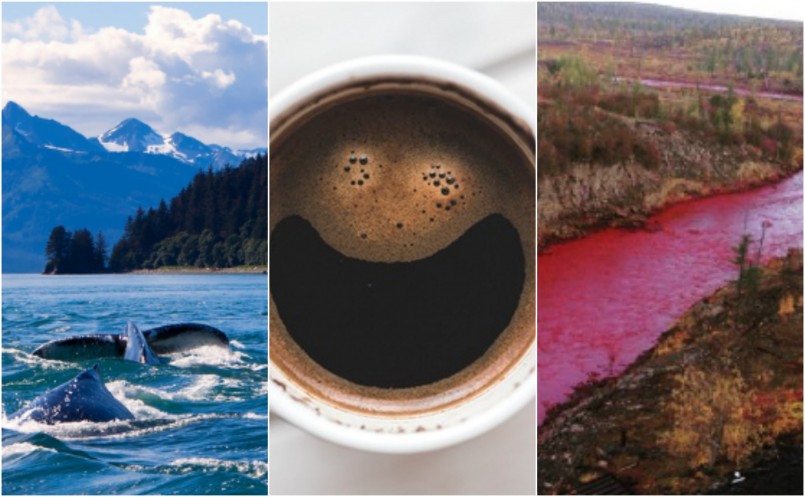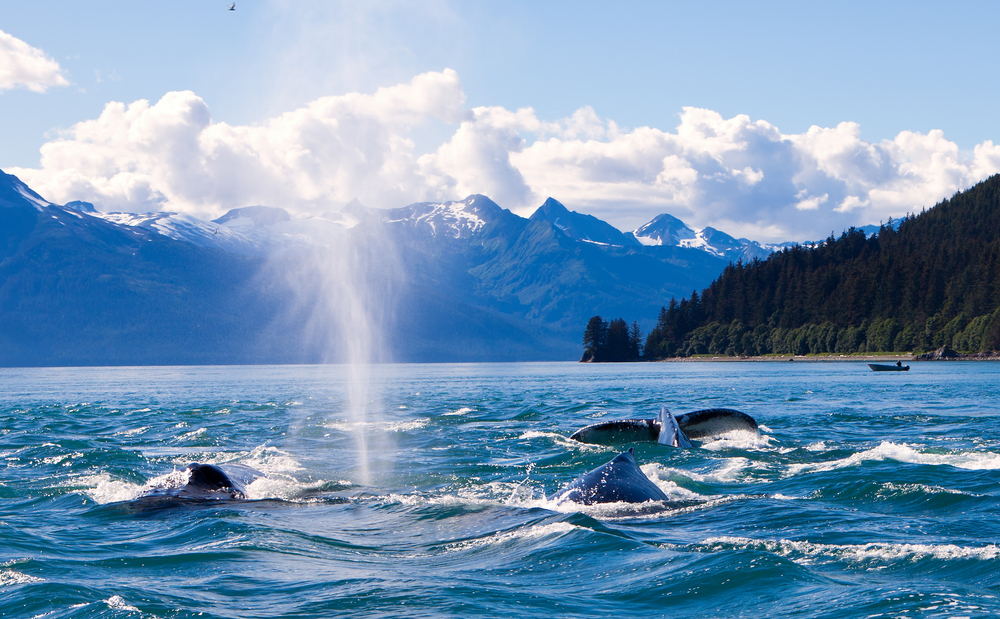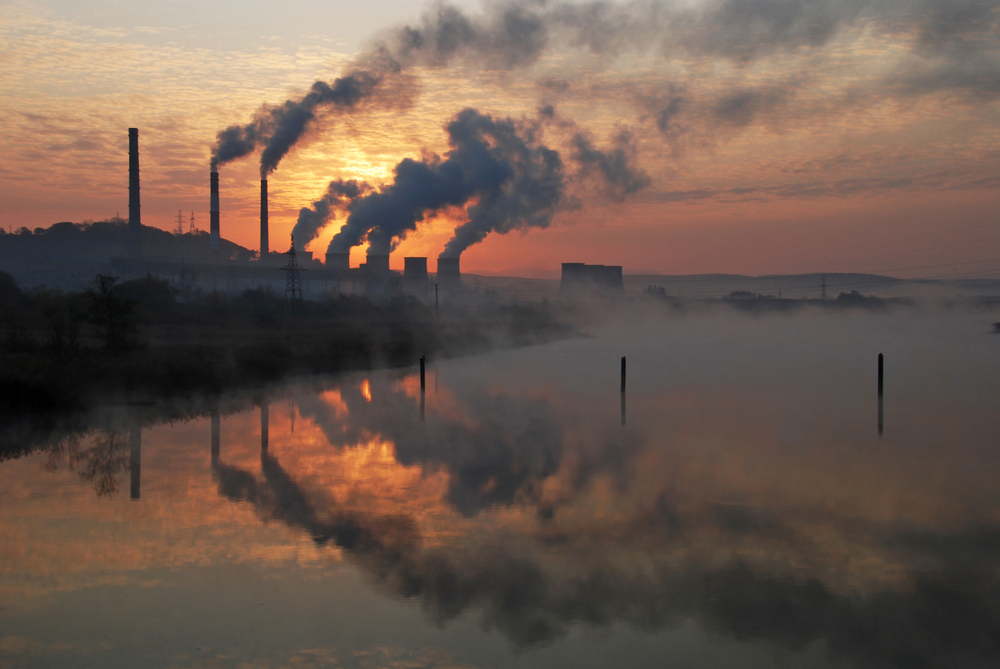Environment
Planet roundup: Coffee, humpback whales and more

Happy Friday, everyone! Here at OutwardOn, we are dedicated to keeping you up to date on everything important happening on our planet, including the health of its resources, animals and more. So, each Friday we are bringing you Planet Roundup—the most important environmental news stories (the good and the bad) that happened during the week to make sure you’re caught up on everything.
Humpback whales are making a comeback

Image: Shutterstock/Ami Parikh
The National Oceanic and Atmospheric Administration announced on Tuesday that most of the world’s populations of humpback whales have been removed off the endangered species list (yay!). These healthy numbers are reportedly due to more than forty years of federal protection.
Read more about this here.
Toxic chemicals are being found in people’s brains

Image: Shutterstock/Tatiana Grozetskaya
Oxford University scientists recently discovered tiny particles resulting from air pollution lodged in people’s brains. They tested individuals from ages 3-92, and sadly found magnetite nanoparticles, which are extremely toxic and have been linked to Alzheimer’s disease and poor oxygen production.
Read more about this here.
Coffee could go extinct thanks to global warming
A new report issued by the Climate Institute claims that coffee could be totally gone by the year 2050 because of global warming. The prediction is that climbing temperatures and different rainfall patterns will make regions that produce the coffee beans unable to meet the demand around the world.
Read more about this here.
China and the U.S. partner against climate change

President Obama and President Xi Jinping of China recently came to a rare common ground regarding the Paris climate agreement. China and the U.S. have not always had the best of relations, however when it comes to our planet they seem to have been able to get many nations together in force against climate change.
Read more about this here.
This river in Russia randomly turned red
When this river in Russia turned from it’s normal blue-green color to bright red, no one was able to offer up any solid answers. However, scientists think it could be a result of the high high iron levels in the area, or simply a chemical leak.
Read more about this here.






0 comments